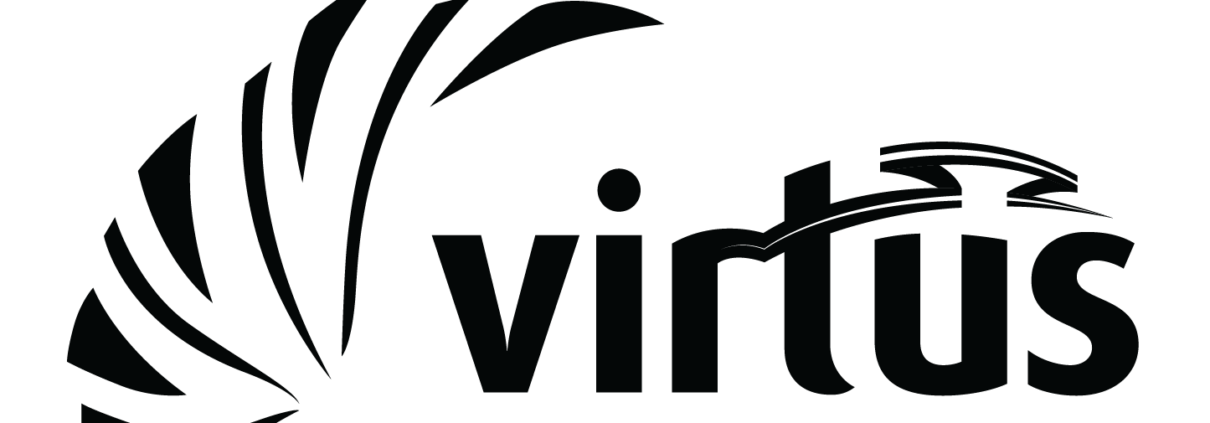PRESS STATEMENT: Athlete support and well-being is paramount.
September 02, 2021.
When three F20 Shot Put athletes were marked as DNS – Did Not Start, it put a global spotlight on athletes with an intellectual impairment and their disability needs.
Ecuador’s Jordi Patricio Congo Villalba, Australian Todd Hodgetts, and Rio 2016 champion, Malaysian Muhammad Zolkefli – were disqualified from the event on 31 August, due to their late arrival at the call room. Officials allowed the three athletes to compete under protest allowing the competition to proceed and for the appeal processes to follow. The appeals were lodged, and the original decision was upheld.
This is difficult for those individuals disqualified and it may be difficult for those whose final standing were changed as well. We support all the athletes and call on all those involved to support the athletes as they process what happened. All athlete’s well-being should be monitored and attended to.
Virtus respects the competition rules and the position of the International Paralympic Committee (IPC) and World Para Athletics (WPA) in this disappointing situation. We are open to being part of any post Games review and to share input into any process, procedure or training that could better support athletes with intellectual impairment.
Ms Robyn Smith, Virtus Vice-President said, “We are disappointed with what happened, we cannot change what happened, but we can do our best to advocate and ensure it does not happen again.”
“Understanding the individual needs of athletes with intellectual impairment is essential as they are performing in a high-pressure situation, in an unfamiliar environment, and may need additional help and guidance to be in the right place at the right time, including ensuring they are at the call room of every event.”
Virtus recognises that three out of six competing countries did have their athletes to the call room at the required time. We congratulate all the F20 shot put athletes on an outstanding competition. A competition that resulted in multiple world record throws. The awarded Gold Medallist, Maksym Koval set a world record of 17.34m, the Silver medallist Oleksandr Yarovyi (UKR) with a personal best, and Greece’s champion Efstratios Nikolaidis taking home the Bronze. Let’s not forget that these highly trained and skilled athletes performed admirably.
Virtus supports everyone’s right to ensure that the rules were followed correctly. This includes the countries that protested, the countries that appealed, the officials and decision-making bodies with responsibility to issue a final ruling. Protest is inherent in sport, and we must not condemn or vilify those exercising their rights under the rules.
Ms Smith also condemned some of the comments that had been made on social media about the incident. “This was a very difficult situation for the three athletes and their teams, and natural that people wanted to convey their frustration, however it is important that comments made on social media are respectful of the individuals, nations and organisations involved.”
Virtus calls on everyone to similarly respect these rights and to not feed into social media attacks – especially against athletes and against nations exercising their rights under the rules. The athletes disqualified and those who ended up on the podium deserve our respect and admiration.
Marc Truffaut, Virtus President who is attending the Tokyo 2020 Paralympic Games as a part of the French Athletics team, said that in a competition setting, more can be done to ensure the athlete, any athlete, feels supported.
“Athletes should be supported to do what they are expected to do, outside of performing their best to win,” Mr Truffaut said.
“There are so many distractions, so many instructions, and most of all, noise and nervousness for athletes as they set their mind to focus on one thing – competing to win.”
“We need to ensure that all people at the Games and future international competitions, including coaches, officials and volunteers are provided training on the unique cognitive and communication characteristics, specific to athletes with intellectual impairment.”
For Virtus, the person-first approach has underpinned events such as the Global Games 2019 (GG2019) in Brisbane, Australia. Cognitive awareness training and communications strategies were provided to staff, officials, and volunteers of GG2019. Virtus has the expertise to provide this training to organisations globally.
Truffaut explained, “These athletes have so much to share with the world, and with the right approach they can do so and will inspire others to take up sport, but we all need to be aware of their individual support needs.”
There is a lot more work to be done. This year’s Paralympics campaign is just the beginning of a decade of action. In the theme of #StrongerTogether and with a highlight on #WeThe15, there is no better time to call on partners of influence, including the International Paralympic Committee and International Federations, to generate awareness for the Invisibility of an Intellectual Impairment.
–END–
Media Contact: Nithi Suppiah, Advisor Marketing & Communications nithi.suppiah@virtus.sport
About Virtus World Intellectual Impairment Sport
Virtus is the brand name of the International Federation for athletes with intellectual impairments and a member of the International Paralympic Committee. The organisation was formed in 1986 and has grown to a membership of more than 80 nations across the world. These cover Europe, Africa, Asia, South America, North America and Oceania.
Virtus is on a mission to drive the development of elite sport worldwide for athletes with an intellectual impairment, helping more than 500,000 of the world’s best athletes, from over 80 nations, compete in winter and summer sports, from Athletics to Alpine Skiing, Cycling, Equestrian, Swimming, Table Tennis, Tennis and Rowing amongst them.
We promote the inclusion of people with intellectual impairments in society. We work with our member nations and the International Federations for each sport, on educating our members on eligibility and classification so that they can develop their athlete pool, helping create high-performance sport for athletes with an intellectual impairment.




